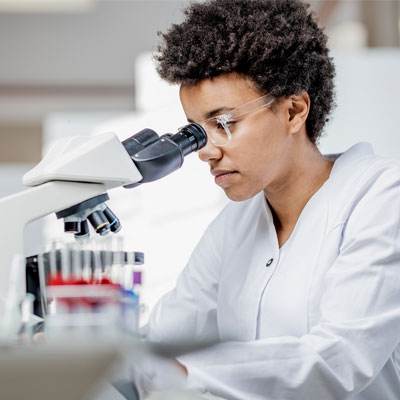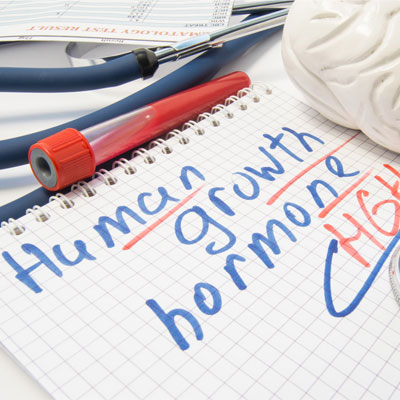Contents
If it seems as though growth hormone therapy has been in the news more than ever, it is because there are now so many studies bringing to light the benefits of maintaining healthy HGH levels throughout adulthood. Yes, we no longer need HGH for growth as when in puberty. However, that does not mean that HGH is not still vital for the body. In this report, we take a look at much of the 2019 research on HGH replacement therapy.
There have been over twenty years of HGH injection research for adults. We have seen reports on the effects of HGH on:
- muscle maintenance
- fat loss
- reversal of depression
- bone density
- depression
- lipid profile
- glucose metabolism
- exercise capacity
- libido and sexual performance
- quality of life
According to the latest research on HGH, long-acting human growth hormone treatment is currently under development. The ability to administer a dose of HGH once a week rather than daily is much anticipated. Novo Nordisk is now in trials with this medication overseas.
HGH use for adults has been undergoing research for more than twenty years. A long-lasting, weekly form of HGH is currently under development.
Benefits Shown in Research Studies of HGH Replacement Therapy
According to recent HGH research studies, we have now fully defined adult growth hormone deficiency. For many years, the medical community was at odds over HGH decline. Today, we know that people with AGHD may exhibit any or all of the following changes:
- altered body composition
- decreased quality of life
- reduced exercise capacity
- adverse changes in carbohydrate and lipid metabolism
- changes in cardiovascular function and health
Other issues associated with HGH decline include impaired cognitive function, low libido, and decreased immunity.
Results of the latest 2019 research on HGH replacement therapy show the following benefits:
- Body Composition – an initial decrease in fat mass and an increase in lean body mass. However, after ceasing HGH therapy, some adults experienced an increase in abdominal fat and decrease in thigh muscle mass. It is important to help maintain growth hormone levels through proper nutrition, exercise, sleep, and reducing stress to preserve benefits if HGH therapy is stopped. On a very positive note, patients who received HGH therapy had a tendency to support their increased muscular strength from that natural decline that occurs with aging.
- Bone Density – bone mineral density (BMD) improves with HGH replacement therapy, predominantly in the lumbar spine and femoral neck. Bone mineral content increase is also sustained long after HGH therapy ends.
- Cardiovascular Health – HGH replacement therapy improves endothelial function, cardiac performance, lipid profile (increasing HDL and lowering LDL cholesterol levels), cardiovascular inflammatory markers (such as C-reactive protein, interleukin-6, and TNF-a), and decrease the thickness of the carotid intima-media.
- Quality of Life – perhaps no other area reaps the tremendous benefits as quality of life. Those individuals with the lowest QoL at the onset of treatment tend to see significant long-term benefits from HGH therapy.
According to the latest research on HGH therapy, the best outcomes for treatment recommendations are:
- Following the proper guidelines for diagnostic testing
- Using the lowest possible dosage, especially in the elderly and for those adults with diabetes
- Adherence to all follow-up recommendations and guidelines
- Avoiding too high an increase in HGH and IGF-1 levels
- Periodic monitoring of lipids, hemoglobin A1c, and blood glucose levels
- Monitoring adverse effects
- Evaluation by MRI of patients with prior tumor history of the pituitary gland or hypothalamus
By following proper diagnostic and monitoring guidelines, HGH replacement therapy can bring superior benefits.
Does the Latest HGH Injection Research Show Long-Lasting Benefits?
When looking at some of the HGH latest research in 2019, we find that adults with hypopituitarism have shortened life expectancy compared to the general population. Cardiovascular and cerebrovascular diseases are two causes of this fate. Upon binding with its receptors, HGH increases mitochondrial oxidative capacity in both skeletal and cardiac muscle. In a study on older women, HGH replacement improved muscle function and IGF-1 synthesis.
According to additional 2019 research on HGH replacement therapy, positive changes in body composition and lipid profile can continue up to 10 years with HGH treatment.
Treatment with HGH replacement therapy can have a long-lasting impact on a person’s quality of life. It can restore energy, emotional well-being, cognitive function, improve health, appearance, and even eyesight. HGH therapy decreases the risk of potentially dangerous medical conditions.
For more information on the latest HGH research, as well as to discuss your situation, please contact our hormone clinic. Consultations are confidential and provided at no cost.
HGH replacement therapy provides positive, long-lasting benefits to adults with growth hormone deficiency.
- Harvard Health Publishing
- Martin Bidlingmaier, Christian J Strasburger
Growth hormone, athletic performance, and aging








